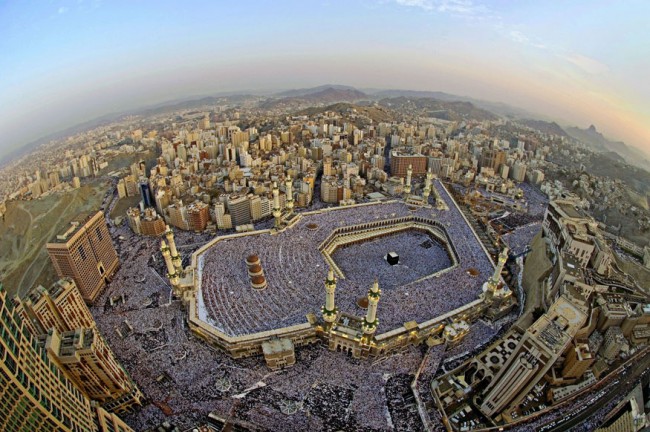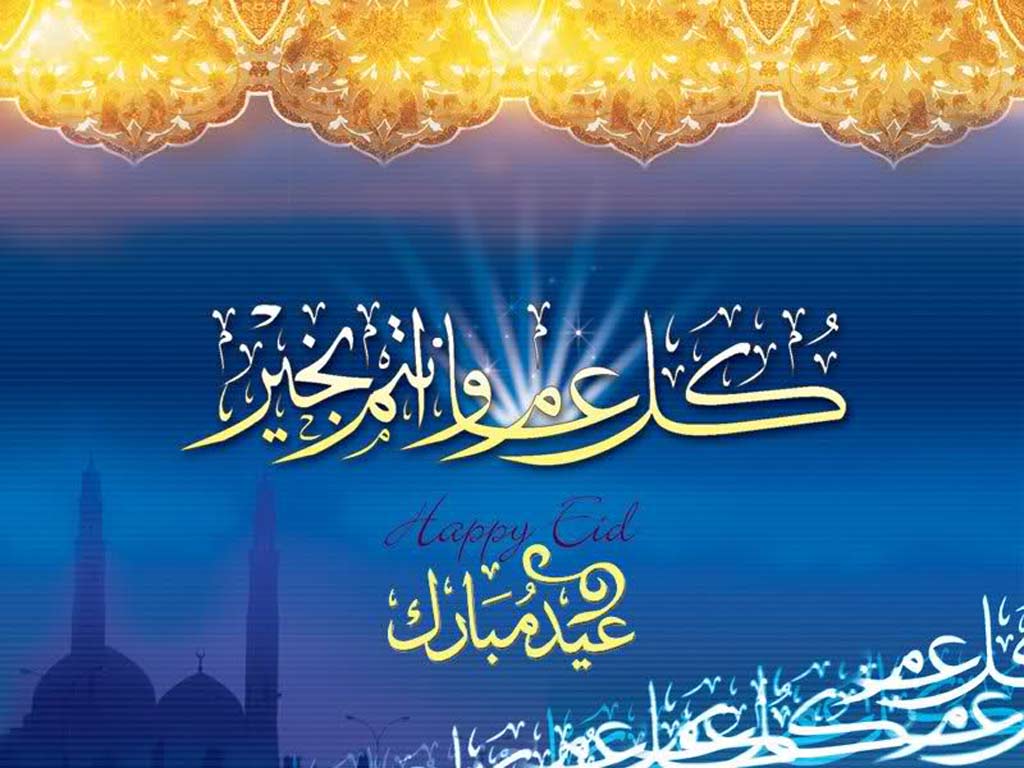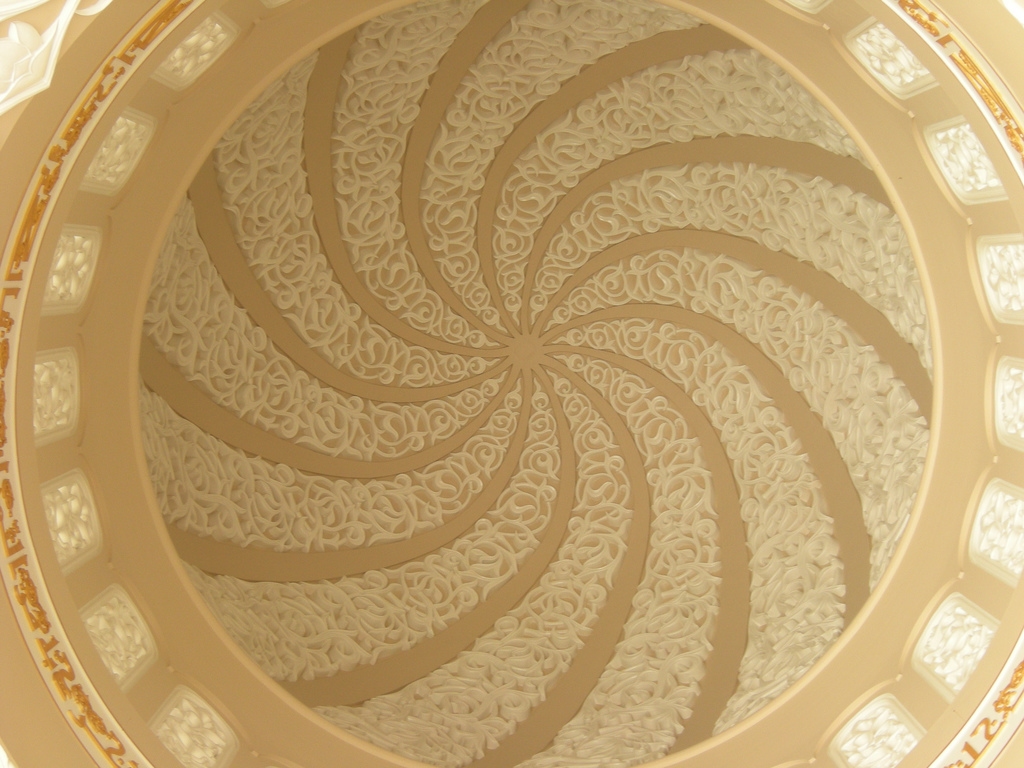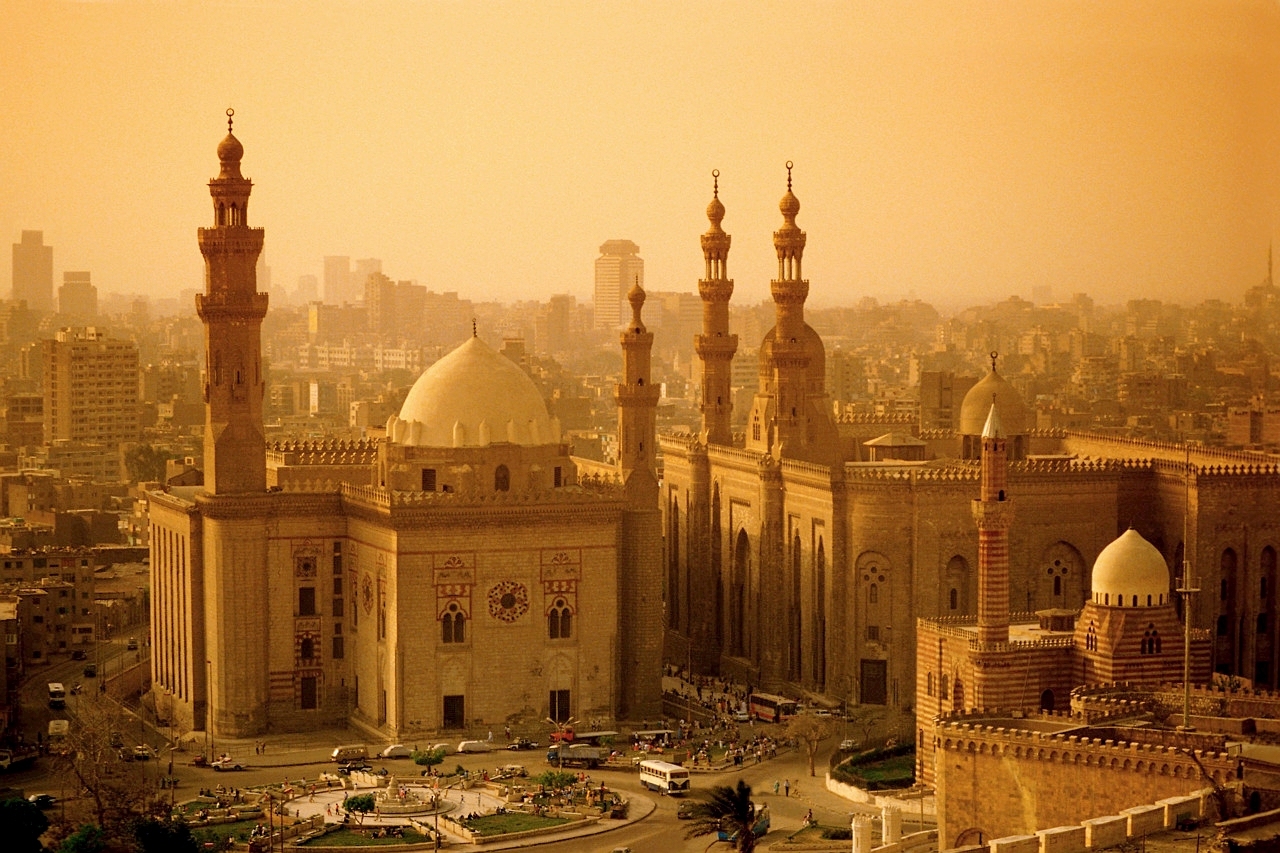The Fiqh of Eid al-Adha
The deen of al-Islam has two major holidays, Eid al-Fitr which is celebrated at the end of fasting in the month of Ramadan and Eid al-Adha which is celebrated on the 10th of Dhu’l Hijjah. As for feasting and celebrating then this has a reference point from the Holy Qur’an (Sura al-Ma’ida, 5:114, with the explanation of Imam al-Suyuti from his Tafsir al-Jalalayn):
ۖ قَالَ عِيسَى ابْنُ مَرْيَمَ اللَّهُمَّ رَبَّنَا أَنْزِلْ عَلَيْنَا مَائِدَةً مِنَ السَّمَاءِ تَكُونُ لَنَا عِيدًا لِأَوَّلِنَا وَآخِرِنَا وَآيَةً مِنْكَ
وَارْزُقْنَا وَأَنْتَ خَيْرُ الرَّازِقِينَ
Isa, son of Mary, said: ‘O Allah, our Lord, send down upon us a Table from the heaven, that it shall be, that is, the day of its sending down [shall be], a celebration (Eid) for us, which we shall consecrate and honour, for the first (li-awwalinā is an inclusive substitution for lanā, ‘for us’, with the repetition of the [oblique] preposition [li-]) and the last of us, those who will come after us, and a sign from You, of Your power and my Prophethood. And provide, it, for us; You are the Best of Providers’.
Eid al-Adha essentially constitutes a congregational prayer (Salah), a sermon (khutba) after the prayer, slaughtering an animal (for those who it is binding upon according to the dictates of the Shari’a), as well as eating and drinking of the permitted provisions. It is also a day of bonding between fellow believers.
Continue reading the article online:
Download HERE





